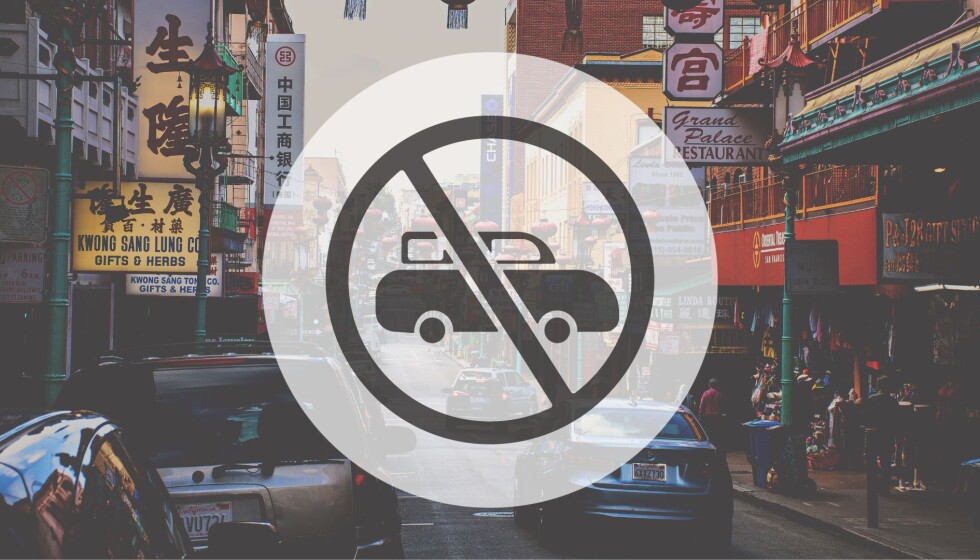The European Union Commission has launched an investigation into the subsidization of electric vehicles from China. The decision sparked angry reactions in Beijing, and experts say a trade war is brewing.
Recently, it seemed that there was no way out of global economic integration, but the trade war between the United States and China, and then the coronavirus pandemic, disrupted this global economic order. Now, countries often act at their own discretion, like China and the USA. The European automobile industry doesnʼt like it very much. It is increasingly said that the transition to zero-emission vehicles will hit European companies the hardest and will be a gift to their competitors.
This is especially true of Chinese companies, which have many advantages compared to European manufacturers. Cheap labor, energy and raw materials, access to rare earth metals and government subsidies allow them to create much cheaper electric vehicles, and the price is one of the reasons why electric cars are still not very popular. European car manufacturers are not significantly represented in the Chinese market, while Chinese manufacturers in the EU occupy an increasing share. Therefore, the European Commission decided to act.
"World markets are flooded with cheap Chinese electric cars. Substantial government subsidies keep their prices artificially low and distort our market. The Commission has opened an investigation into the subsidization of electric vehicles from China. Europe is open to competition, but not a race for survival. We must protect ourselves from unfair practices," said Ursula von der Leyen, head of the European Commission.
Wrath of Beijing
Chinaʼs Ministry of Commerce called the European investigation "an act of protectionism that will significantly disrupt the functioning of supply chains in the global automotive industry." It also warned that it would negatively affect trade relations between China and the EU. It is interesting that in 2022, China was the EUʼs third largest sales market and at the same time the largest importer in the EU. Despite this, the European Commission, apparently trying to protect the position of the European car industry, has taken decisive measures that could lead to the imposition of a large duty on vehicles from China, which should level the playing field for EU manufacturers.
EU automakers are also unhappy
The European Commission presented a proposal for a Zero Emission Industry Act and a Regulation on Critical Raw Materials in March 2023, which should not only fit into the objectives of the European Green Deal, but also guarantee the safety and competitiveness of EU industry against the US and China. At the same time, the automotive industry warned much earlier that the method of implementing such a transformation in the EU may not be sufficient to ensure the economic competitiveness of the EU. Today, car manufacturers consider the adopted measures to be insufficient.
"If we consider the publication of the Law on the Zero Emission Industry or the possible imposition of duties on Chinese cars, this is not enough to protect the competitiveness of the European industry and ensure a fair transformation in the automotive industry. Without simplification of procedures, changes in state aid rules and incentives for private investors, the stated objectives of the EU on climate issues are impossible to achieve, or it will be at the expense of the European economy and the automotive industry. EU policies must meet international competition in order to catch up or even overtake countries from outside the EU. Europe, and especially the automotive industry, should not be at such a turning point of transformation without an industrial development strategy that will support domestic companies. We clearly see that the USA and China do not have such problems," — notes Tomasz Beben, head of the Association of Distributors and Manufacturers of Automotive Parts (SDCM), member of the Board of CLEPA, the European Association of Automotive Manufacturers spare parts
Subscribe to the Telegram channel of the Auto Market Research Institute to be the first to receive information without advertising or spam.



